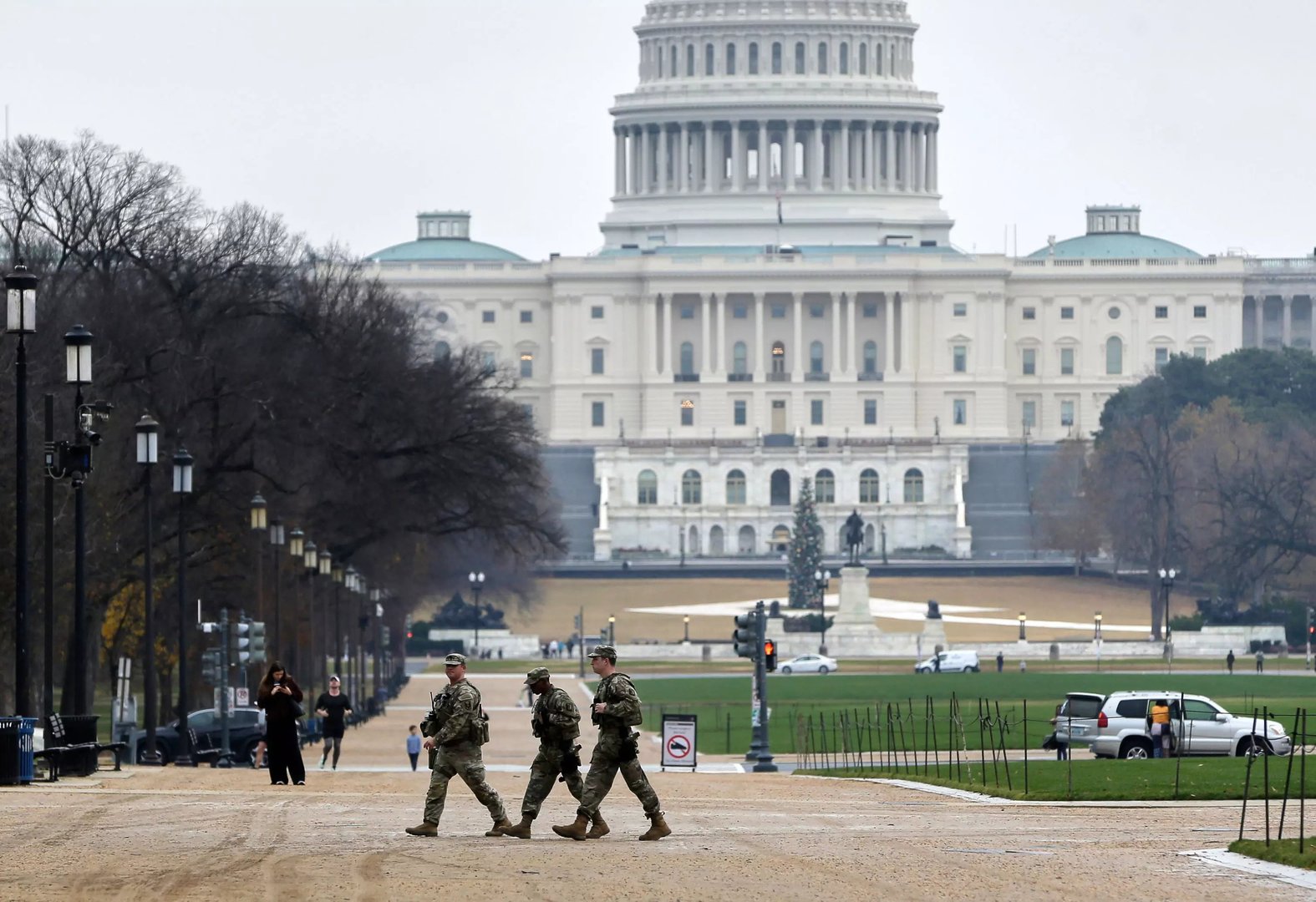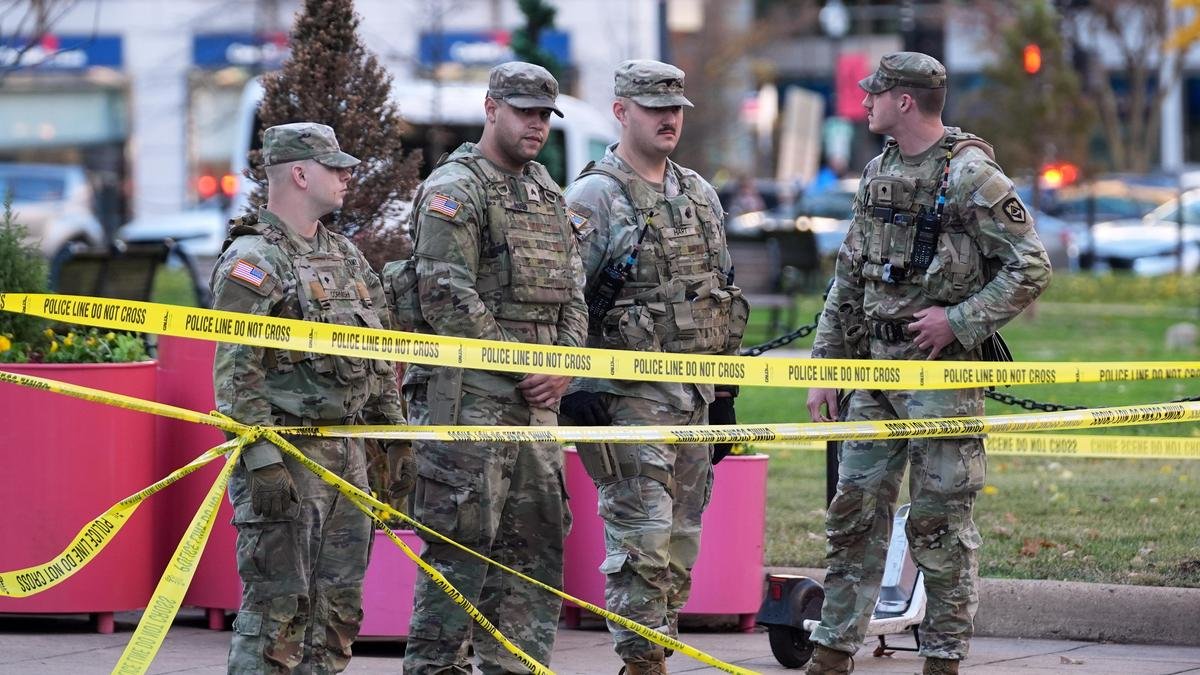U.S. Launches Broad Review of Green-Cards and Halts Afghan Immigration after Guard Shooting
Following a suspected terror attack by an Afghan national, U.S. Citizenship and Immigration Services freezes Afghan applications and orders re-examination of green cards for immigrants from “countries of concern”.
The U.S. government has ordered a sweeping review of all permanent residency documents and imposed an indefinite suspension on immigration processing for Afghan nationals after a man from Afghanistan allegedly shot two National Guard members in Washington, D.C.
According to the directive issued by the U.S. Citizenship and Immigration Services (USCIS), every green card issued to immigrants from countries deemed “of concern” — and applications pending from those regions — will be re-examined.
The agency also announced it has halted all Afghan-related immigration processing.
The decision follows the arrest of a 29-year-old Afghan national suspected of killing one guard member and grievously wounding another in an ambush-style attack near the U.S. capital.
In response, the President described the incident as an act of terror and declared that “American safety is non-negotiable.” His administration said the review is necessary to re-assess national security and vetting protocols.
USCIS and homeland security officials have not yet released a definitive list of what qualifies as a “country of concern,” leaving many immigrants and applicants uncertain about whether their cases will be reviewed.
The freeze applies immediately and will remain in effect pending further notice.
The move marks a significant escalation in immigration policy enforcement under the current administration — expanding previous suspensions and vetting measures, and raising questions about the long-term status of many green-card holders and applicants.
For now, Afghan nationals awaiting immigration decisions remain in procedural limbo.
And immigrants from other flagged countries face an uncertain future as the government embarks on what it calls a comprehensive re-evaluation of residency permits awarded or applied for under previous years’ policies.
According to the directive issued by the U.S. Citizenship and Immigration Services (USCIS), every green card issued to immigrants from countries deemed “of concern” — and applications pending from those regions — will be re-examined.
The agency also announced it has halted all Afghan-related immigration processing.
The decision follows the arrest of a 29-year-old Afghan national suspected of killing one guard member and grievously wounding another in an ambush-style attack near the U.S. capital.
In response, the President described the incident as an act of terror and declared that “American safety is non-negotiable.” His administration said the review is necessary to re-assess national security and vetting protocols.
USCIS and homeland security officials have not yet released a definitive list of what qualifies as a “country of concern,” leaving many immigrants and applicants uncertain about whether their cases will be reviewed.
The freeze applies immediately and will remain in effect pending further notice.
The move marks a significant escalation in immigration policy enforcement under the current administration — expanding previous suspensions and vetting measures, and raising questions about the long-term status of many green-card holders and applicants.
For now, Afghan nationals awaiting immigration decisions remain in procedural limbo.
And immigrants from other flagged countries face an uncertain future as the government embarks on what it calls a comprehensive re-evaluation of residency permits awarded or applied for under previous years’ policies.












